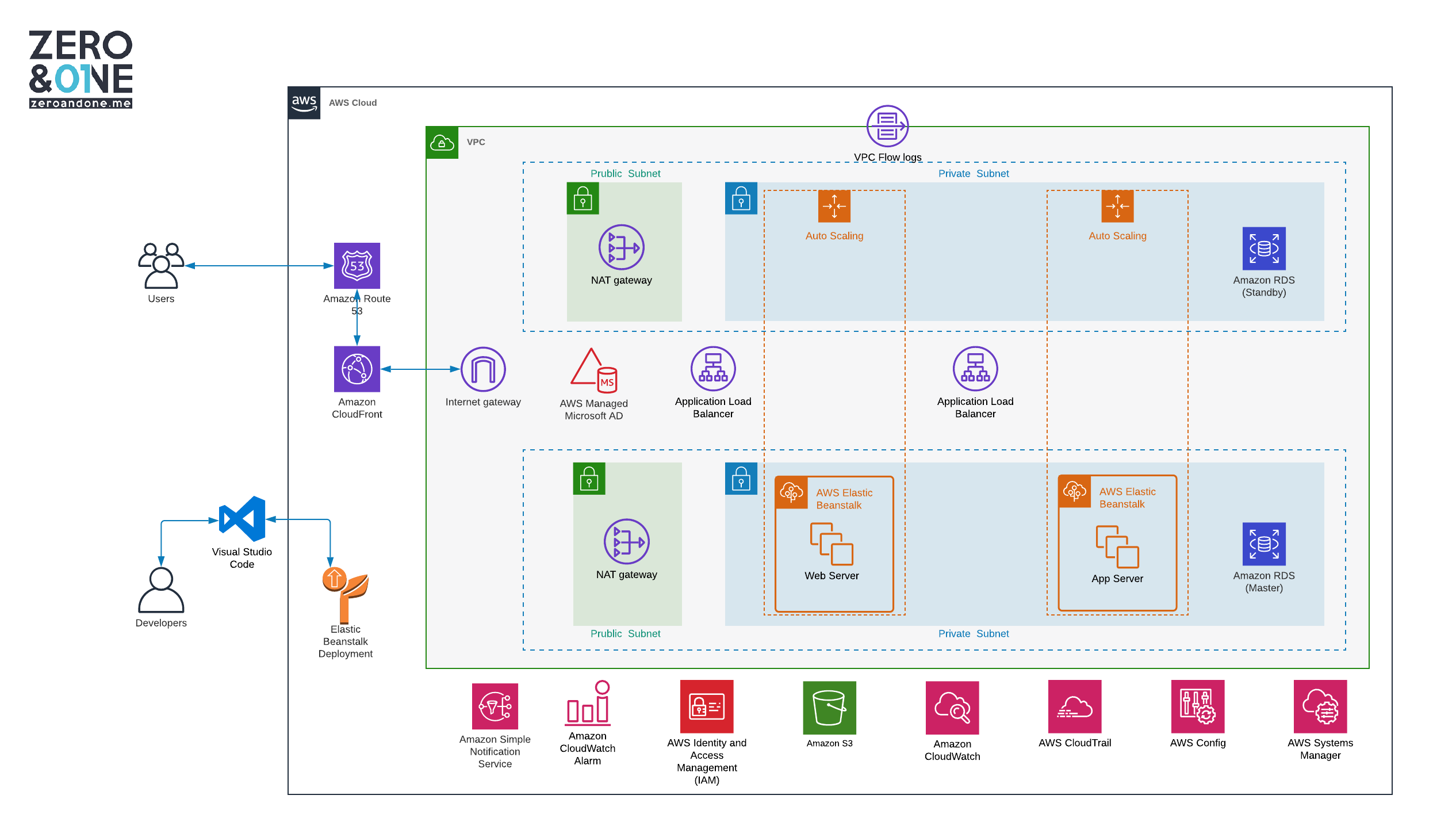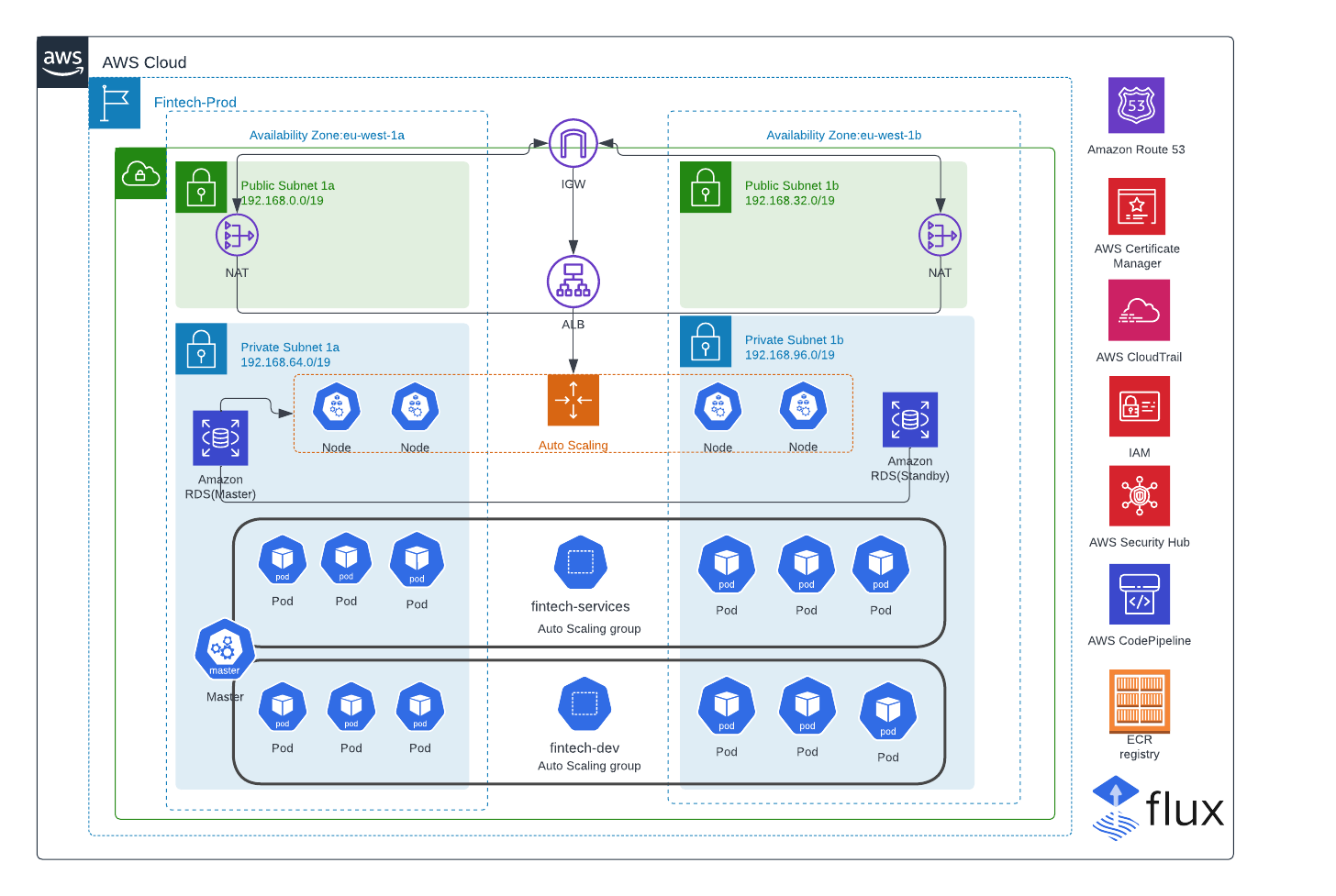Fintech Galaxy was founded in the United Arab Emirates in 2018 as a regional platform that fuels innovation in financial services, drives ecosystem collaboration and facilitates integration between financial institutions and fintech companies. From scouting to deployment, Fintech Galaxy aim to build the future of financial services across the 22 Arab Countries.
Growing fast and furious
All FinTech industries make use of the latest technologies during their financial journey. Companies involved in this sector opt to provision a well-established platform that promotes greater security and higher resilience and bring greater customer satisfaction while utilizing the principle of least human efforts.
More FinTech companies have started to realize the power of cloud computing and the massive value it can provide while complying with international standards such as PCI DSS, ISO 27001, and ISO 20022. One of the main concerns these companies have faced is the lack of skills and resources to maintain a robust infrastructure in the cloud. Cloud computing thus allows ease of setup for highly available environments that require minimal human intervention while focusing on business needs and priorities instead of infrastructure.
Fortunately, Platform as a Service (PaaS) cloud computing helped organizations like Fintech Galaxy mitigate these concerns and make it easier to orchestrate the deployment of various AWS Services saving them a considerable amount of time managing, deploying, and debugging the underlying infrastructure.
Legacy Architecture
Fintech Galaxy had a tight deadline and wanted to publish their Windows Workload within a weekend, so they approached Zero & One a Premier AWS Partner specialized in automating Microsoft deployments onto AWS and focusing on Cloud Migration, Security & Compliance, and DevOps solutions. Zero & One dedicated a team of certified experts to assess and understand the current state of the Fintech Galaxy platform to offer the solution that meets the client’s needs.
As this architecture was in fact a great and quick solution with
Elastic Beanstalk at first, Fintech Galaxy was in the continuous
development of its large and complex application based on
microservices. Multiple deployments were happening
simultaneously, which was leading to performance degradation.
Elastic Beanstalk is not suitable if the application requires
background jobs, and has a lot of microservices, not to mention
that big deployments can be somewhat slow, with high difficulty
to troubleshoot what was the error exactly and where it
originated from.
To keep up with its application growth and to minimize lost
time, Fintech Galaxy asked for our advice on how to optimize its
infrastructure.
Infrastructure Transformation - EKS
Kubernetes is a container orchestrator used by many companies deploying on AWS, implementing microservices architecture. Kubernetes strength resides in automatically handling the complexity of scaling and operating tens of thousands of containers, as well as optimizing the use of the underlying resources.
The key benefits of using Kubernetes are:
• Fast releases
• Operational cost optimization
• Scalability and availability (No downtime)
• Cloud-agnostic (Portability for Multi-cloud solution)
• Ease of maintenance and upgrade.
Mastering Kubernetes can take some time and deploying it on EC2
instances would be demanding in terms of managing the control
and data planes, setup security, scaling/deploying workloads.
AWS offers to offload these tasks and focus on the core business
task which is designing/improving microservices. The Service
allowing the deployment of Kubernetes on AWS is Elastic
Kubernetes Service (EKS).
We designed and deployed a new architecture that allowed the engineers to overcome the challenges they were facing.
Below is an architectural diagram of the deployed solution:
Efficiency for each requirement
Ultimately, Zero & One Engineers helped increase customer
productivity by ensuring that the solution has met Fintech
Galaxy’s critical business and technology objectives then and
now saving them more time from what they have expected. Fintech
Galaxy also realized a powerful performance and fast response
time while running their workloads on EKS.
-Storage Orchestration: As storage needs grow, K8s mounts
additional storage to handle the workload.
-Self-Healing: If a container fails, EKS can remove it from
service and replace it with a new one with 0 downtime.
-Increased Availability: EKS provides a highly available and
scalable control plane that runs across multiple AWS
availability zones.

